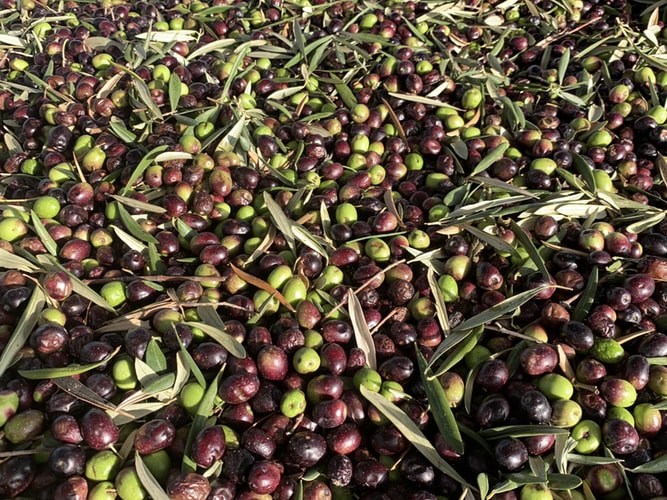
In the Apulia Region in Italy, educational and social farms represent an important reference point for communities and territories.
In this sector, the need to build up adequate infrastructures for international developments determines the appearance of the so-called “agri-networks”. They are characterized by a natural evolution of the logic of public governance applied in the agricultural sector and in local economies. Such logic faces in a more systematic way the needs of unitary management of the increasingly intricate social, educational and health needs in the Region.
The paths defined by the educational and social farms in the Apulia Region are complex interventions that are organized according to the type of customers to follow. To date, the excellent results achieved by the farms in the Apulia Region are the effect of the skills of local operators who are supported by the institutional set-up in which they operate.
Agriculture and rural areas are the most ancient heritage in the Apulia Region and it is impossible to imagine a future without this resource being updated. The development of farms in a context in which the social model is able to support integration, the expansion of relations and strengthen the image of the territory, is the fly-wheel for creating new community welfare models in the Apulia Region. This system must be able to bring together the idea of civil entrepreneurship, a sense of responsibility towards environmental resources and solidarity networks, enriching local populations with relational goods, trust, and moral strength while improving the quality of life.



